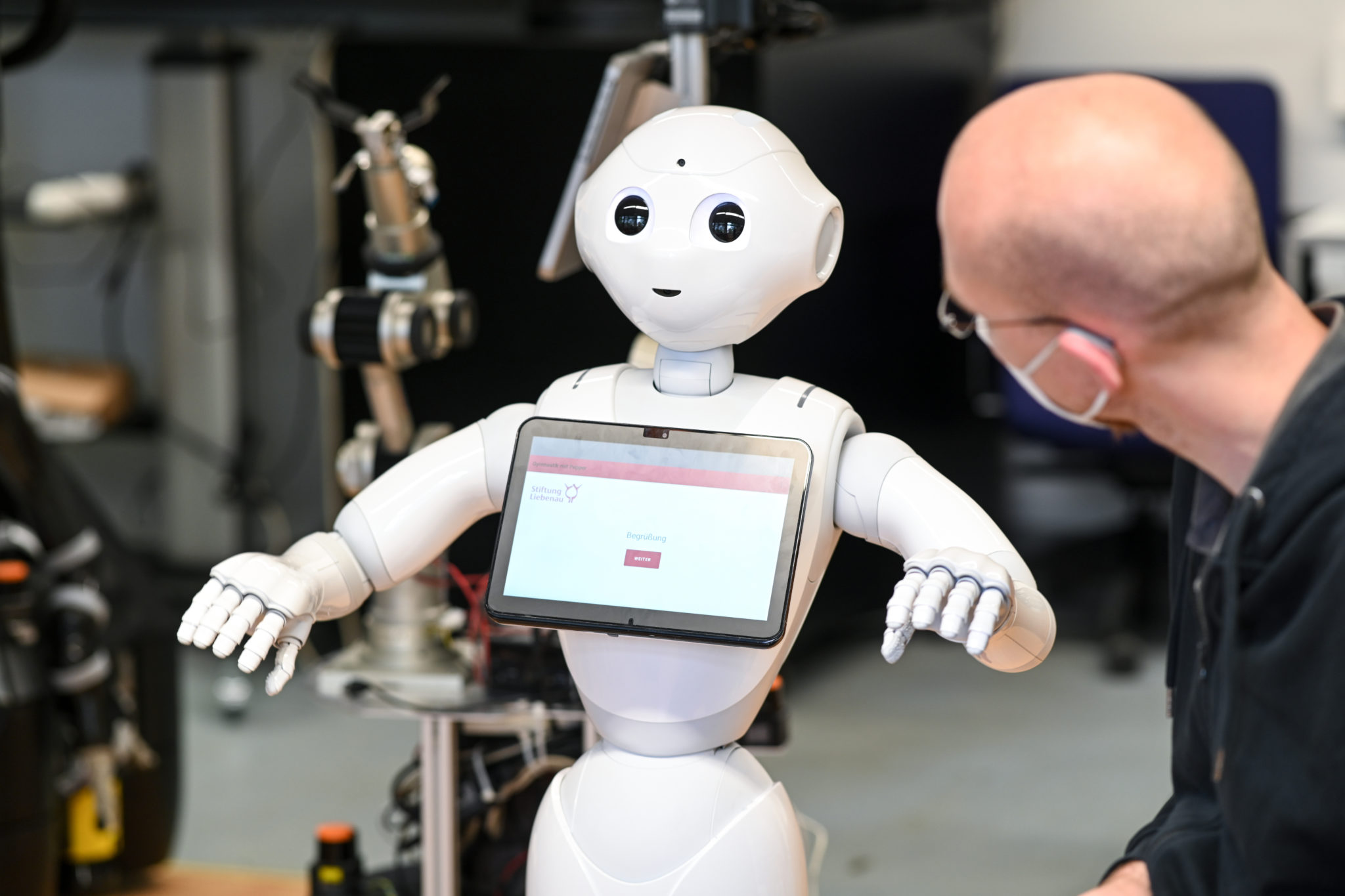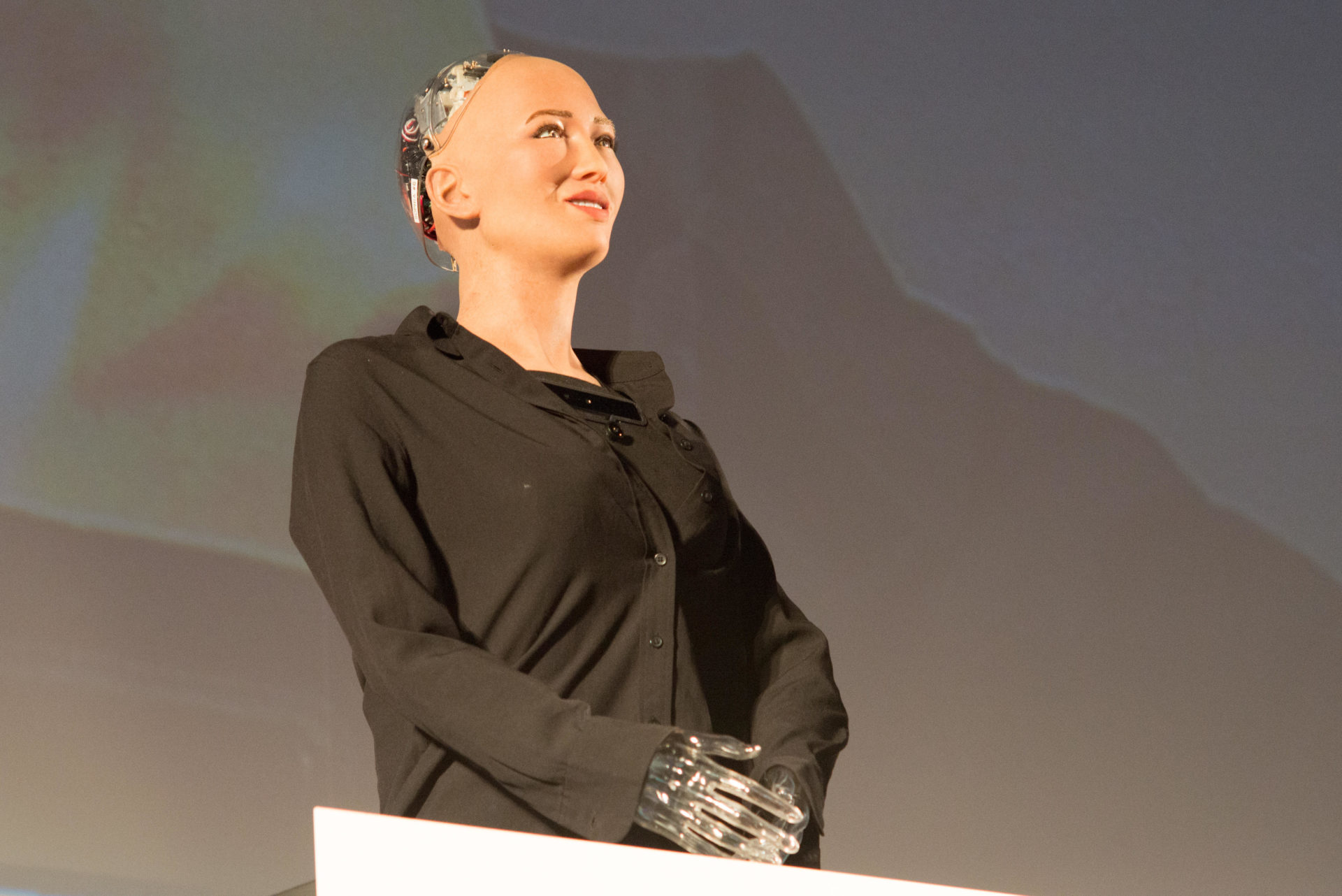From cutting-edge research to practical applications, the breakthroughs in AI are not only fascinating, but potentially transformative.
However, the new technology also has its downsides.
Prof O’Neill told this week's Show Me the Science podcast that an upcoming AI development may help scientists with their research going forward.
“One of my fellow scientists, a guy called Chris Glass, I bumped into him at a conference, and he says to me, ‘Have you heard of co-scientist?’,” he said.
“I said, ‘No, what’s co-scientist?’
“What it is, is you talk to this AI bot as a scientist, you have a conversation about the science, you ask the AI bot to do all your reading for you and spit out the latest discoveries in your area.
“You might ask the AI bot, ‘Is this a good experiment to do? Has it been done before? Am I missing controls? What about the statistics?’
“It’s like having a real live expert scientist in your room that you can have conversations with.”
Prof O’Neill said that while humans can do this too, the benefit of using an AI is that it may be “a much more efficient and less judgemental way to do it”.
 Benjamin Stähle, deputy head of the Institute for Artificial Intelligence at Ravensburg-Weingarten University of Applied Sciences, tests the nursing robot Pepper. Photo: Felix Kästle/dpa. 26 May 2021
Benjamin Stähle, deputy head of the Institute for Artificial Intelligence at Ravensburg-Weingarten University of Applied Sciences, tests the nursing robot Pepper. Photo: Felix Kästle/dpa. 26 May 2021He also said there is little evidence that AIs will take jobs away from human workers, despite previous fears.
“All the evidence is suggesting it’s helping workers and it’s helping them do a faster, more efficient hob,” Prof O'Neill said.
“So, instead of AI replacing a human being, the AI will be used by the human being to make them more effective.
“Obviously, some jobs will go, but overall, there hasn’t been a massive impact on unemployment and certain jobs and people being made unemployed, which is good, isn’t it?”
 Android Sophia first robot citizen. Mario Carovani / Alamy. 1 October 2017
Android Sophia first robot citizen. Mario Carovani / Alamy. 1 October 2017Luke O'Neill on AI
However, there are other concerns around AI that are yet to be addressed.
“The last one I want to tell you about is slightly more humorous, but also a little bit sad maybe,” Prof O’Neill said.
“The virtual boyfriend or girlfriend – this has been the trope of many a Hollywood movie, of course.
“In China, one is called WOW, another’s called Catbox, they’re really interesting, I’ve looked at them.
“These are a virtual partner; what this means is you come home from work, you turn on the WOW system and you have a conversation about the news, what you did that day, you might play a game, you might ask for advice.
“The reason why it’s impressing people is, the machine learning part of this, the algorithms that are being used, these can now mimic human emotion and empathy.
“Now, the Chinese government, of course, are very worried about this.”
According to Prof O’Neill, there is a fear that these bots could contribute to falling birth rates in China, as more people may forgo a real partner in lieu of a virtual one.
AI has also raised concerns around copyright, education and misinformation.
Main image: Luke O'Neill (L) and a phone with ChatGPT open (R).









